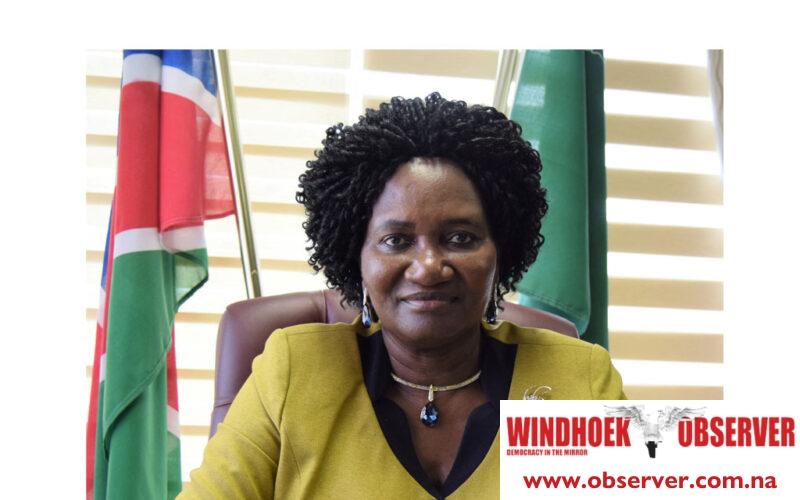Niël Terblanché
The Ministry of Higher Education, Training and Innovation launched the much-anticipated Research and Experimental Development Survey Report for the fiscal year 2021/22 in Windhoek earlier this week.
Dr Lisho Mundia, the ministry’s acting deputy executive director and director of research, innovation and training, on behalf of Minister Itah Kandjii-Murangi said the report has created a roadmap for the development of a knowledge-based economy.
Mundia said the information in the report will be used to leverage science, technology, and innovation for sustainable and inclusive growth.
She pointed to the progress made with research and development since the first National Programme on Research, Science, Technology, and Innovation (NPRSTI) commenced in 2014.
“Despite a challenging start, the updated figures show a promising increase in gross expenditure on research and development from 0.34% to 0.73% over nine years and it points to a renewed effort to reinforce the national innovation ecosystem,” she said.
The report also disclosed areas requiring attention, such as the need for enhanced collaboration between the state, research institutions, and the private sector.
“While government funding for research and development has seen a downturn, contributions from business enterprises and higher education institutions have significantly increased, demonstrating a shift towards a more diversified funding structure,” she said.
She added that the launch of the report and the information it provides also created a solid platform for the realisation of increased international cooperation.
In this regard, Herve Rousseau from the European Union and Michał Miedziński from the European Commission’s Joint Research Centre, are on an extended visit to Namibia to assist in developing a roadmap that will harness science, technology and innovation for enhancing the resilience of rural communities to withstand and overcome drought situations.
According to Mundia, the ministry along with the National Commission on Research, Science, and Technology (NCRST), affirmed their dedication to implementing and monitoring national and regional science, technology and innovation policies.
“These initiatives aim to not only spur technological advancements but also ensure they are accessible and beneficial to all segments of society, including marginalized groups such as women, youth, and persons with disabilities,” she said.
Mundia urged all stakeholders to use the insights gained from the report to create an environment where science and technology drive socio-economic transformation.
“With the roadmap set and the tools at hand, Namibia, driven by innovation and a commitment to achieving its Vision 2030 and Sustainable Development Goals, is in a good position to navigate the challenges of the 21st century,” she concluded.




